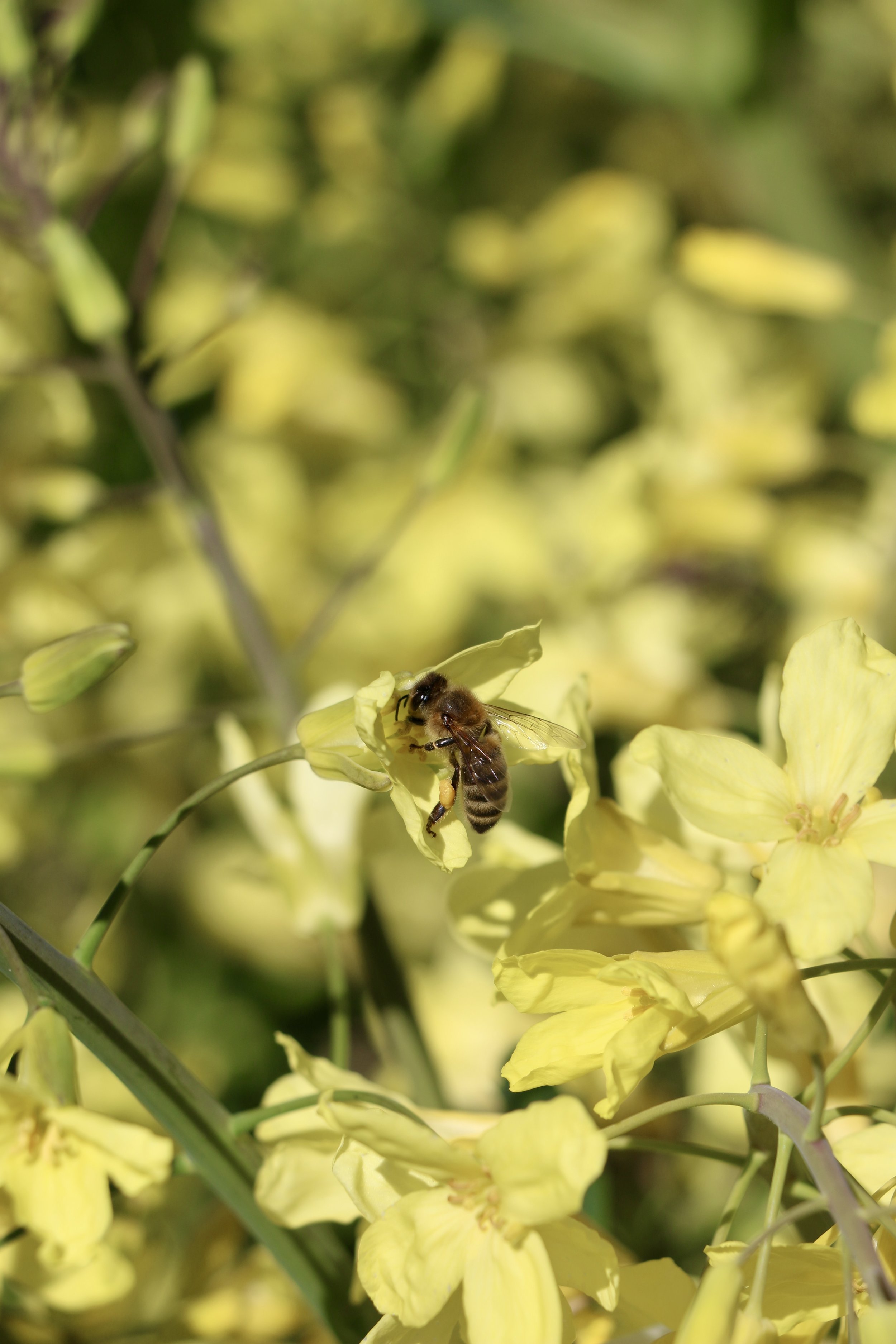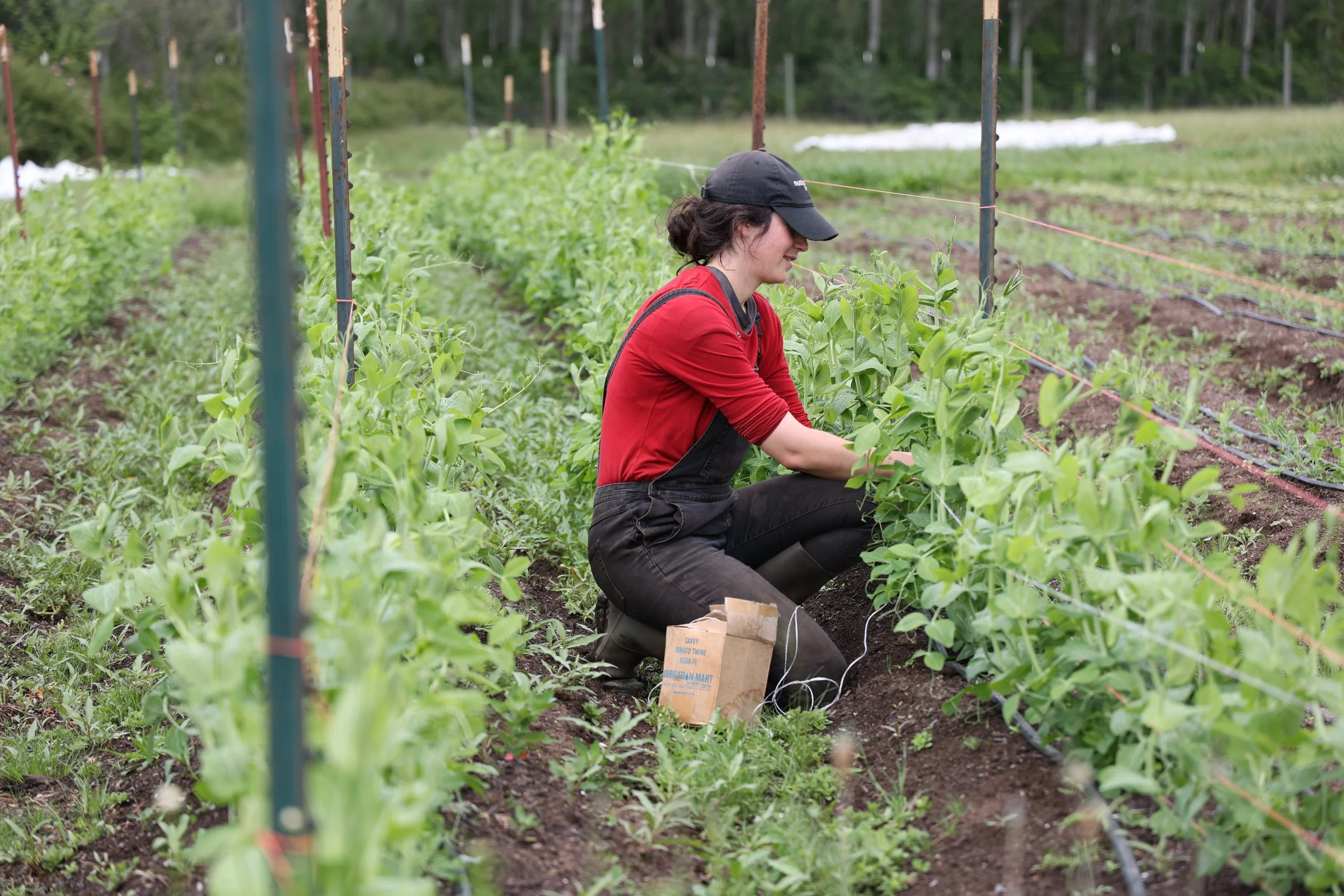
OUR MISSION
As a learning center, the Organic Farm School trains new farmers to develop and manage small farms focused on ecological, economic, and social regeneration — simultaneously offering opportunities for our community and others to learn about their role in strengthening local and regional food systems.
Through our mission, the Organic Farm School is committed to training new farmers and strengthening the food system for an inclusive community where all people - of every color, ethnicity, faith, gender identity, background and economic circumstance - are supported and celebrated.
The OFS acknowledges that violence and injustice against Black, Indigenous and People of Color (BIPOC) have marked the history of agriculture, from restrictive land ownership to various forms of oppressive land tenancy to discriminatory practices in agricultural labor. Countering this history will require a humble and diligent program of learning, listening, and reflection. The OFS intends to pursue this work in order to be an agent of change, ensuring that its educational process is founded on racial and social justice for trainees, board, staff and community, and by seeking fair access to land opportunities for its graduates.
At The Organic Farm School, we pledge to engage in active learning, utilizing resources and training to advance racial and social justice within our organization, identify and participate in work to remove barriers to BIPOC in agriculture, use our networks to amplify voices of BIPOC and encourage opportunities for aspiring future farmers!
How do we define “Regenerative Organic Ag?”
We do not believe you can claim that agriculture is regenerative without embracing organic practices and incorporating livestock. Neither do we believe that there is only one way to practice a regenerative organic approach to the production of food. We DO believe/think that Regenerative Organic Practices include:
Use of diverse crops, cover crops and tarps to keep soil covered
Keeping living roots in the soil whenever possible
Incorporation of livestock with crop production
Reduction of tillage - tillage can be an important tool for weed management, breaking up of compaction, and incorporation of organic matter into the soil, but the goal is always to use it judiciously and minimize it whenever possible to let soil structure develop
Perpetually diversifying plants in the field
Care for the soil biome, and the people who tend it as well as the people who eat from it
Improving and evolving with each season
We will be the first to say we are not perfect, and that external conditions can drive hard choices and compromises — but we include observation, reflection, and innovation in our on-going skill sets as we aspire to continually do better in building the soil that feeds us.



